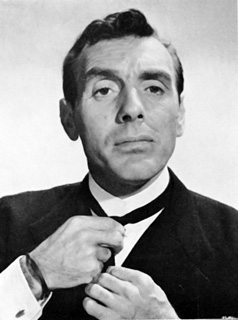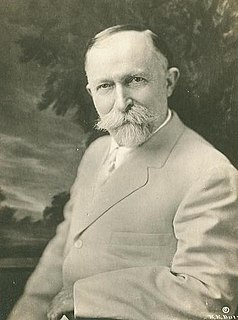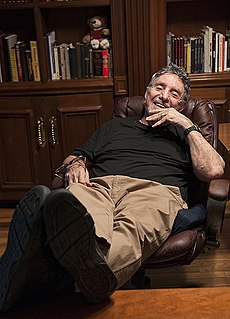A Quote by Eric Sykes
I asked my publisher what would happen if he sold all the copies of my book he'd printed. He said 'I'll just print another ten'.
Related Quotes
What is striking is that from almost from the very beginning of certainly by September and October of 1963, as the book was being constructed, that [Alex] Haley was vetting - asking questions to the publisher and to the publisher's attorney regarding many of the things that Malcolm X was saying. He was worried that he would not have a book that would have the kind of sting that he wanted.
I don't want to write things that people don't want to read. I would have no pleasure in producing something that sold 600 copies but that was considered very wonderful. I would prefer to sell 20,000 copies because the readers loved it. When I write books I don't actually think about the market in that way. I just tell myself the story. I don't think I'm talking to a 10-year-old boy or a six-year-old girl. I just write on the level the story seems to call for.






































